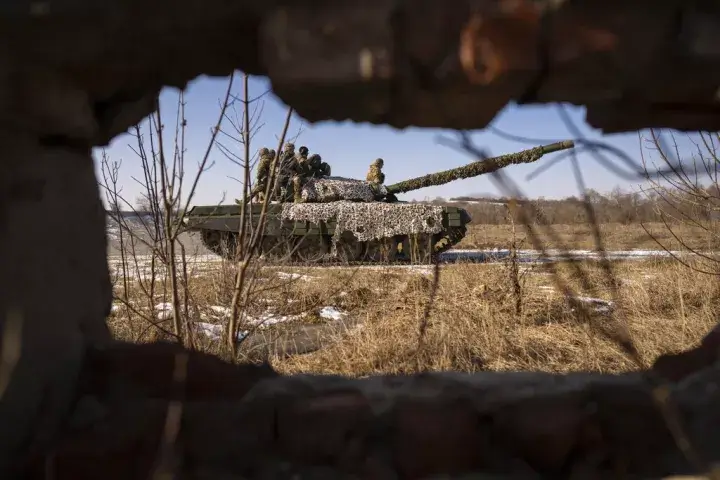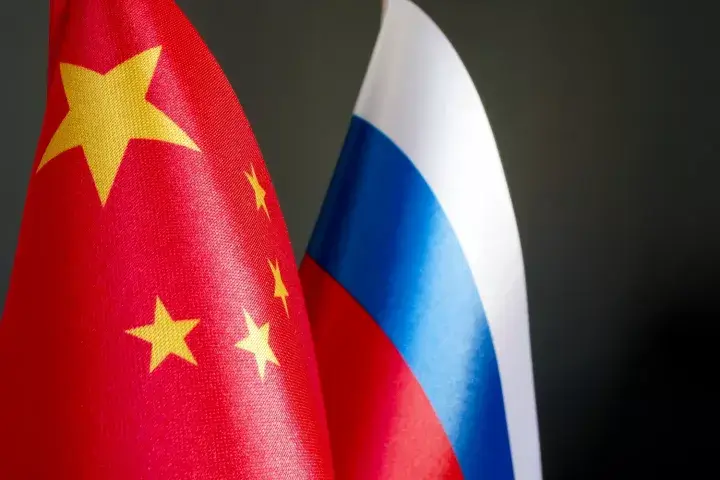Time for Turkey and Greece to draw closer
Sahin Alpay
Today’s Zaman, Feb. 27, 2012
I spent most of last week in Thessaloniki, the second largest city of Greece, currently experiencing one of its worst economic crises.
Thessaloniki, while not being a stage for violent demonstrations like the capital city, Athens, is suffering from the crisis as badly as the rest of the country. In the public debate in Greece over who is responsible for bringing the country to the brink of bankruptcy, those on the extreme left and right blame capitalism, imperialism, the European Union and especially Germany. The vast majority, however, are well aware that the responsibility lies inside, that the governments who have pursued populist policies financed by foreign loans, trade unions that have pushed for unreasonable demands, widespread tax evasion and perhaps most importantly the broad tendency to consume without producing are to be blamed.
Dr. Dimitris Keridis, professor of international relations at the University of Macedonia and director of the Navarino Network, an independent and non-profit think tank based in Thessaloniki, told me that Greece will have to go through as radical a change as Eastern European societies experienced after the fall of the Berlin Wall. He believes that the crisis provides an opportunity for Greece to reform the public sector on market principles, to construct a productive economy and to change lifestyles and mentalities so that people no longer live beyond their means. Nikos Konstandaras of the Greek daily Kathimerini writes: “How our society faces today’s deprivations, disappointment and opportunities is our responsibility, not that of our partners. … Now is the time for our society to wage its own battle — a battle in which each of us must do everything possible so that no one is left alone.” (Feb. 24)
I visited Thessaloniki at the invitation of the Navarino Network and the University of Macedonia. I gave talks on the topic of the political economy of Turkey under the Justice and Development Party (AKP) government to students in the graduate program of Eastern and Southeastern European studies at the University of Macedonia, and to people from many different professions interested in Turkish affairs at the conference hall of the famous Byzantine Museum. I was interviewed by local television stations and the Athens News Agency, and even attended (if briefly) a live debate program on the public television station ERT3. I was able to chat with academics, journalists and businessmen. The broad interest shown in Turkish affairs has made me even more optimistic about the future of Turco-Greek relations. The interest seemed to me to reflect the wish to broaden not only business but also cultural relations. It found expression also in the words of the liberal-minded mayor of Thessaloniki during his visit to İzmir last December: “History may teach us a lot for the future. We cannot change history, but can build the future as neighbors should and can.”
I was, as could be expected, often posed the question as to the future of bilateral relations. This was my response: The rapprochement that started in 1999 has rendered war between the two countries unthinkable. It is true that Aegean disputes remain unresolved. The two sides engaged, however, in more than 40 explorative talks for a comprehensive settlement. WikiLeaks has revealed that Ankara has proposed an appeal regarding the bilateral disputes to the International Court of Justice at The Hague and even displayed readiness to accept the expansion of Greek territorial waters beyond six miles in selective regions.
The volume of trade between the two countries is rapidly rising. From about $200 million 20 years ago, it currently approaches $4 billion. Nearly 400 Greek companies have invested in Turkey. The National Bank of Greece owes its health mainly to the profits of the Turkish private bank it purchased in 2006. Investments by Turkish companies in Greece are also on the rise. Most important are the expanding society-to-society relations. Last year the number of Greeks visiting Turkey exceeded 600,000, while the number of Turks visiting Greece doubled to 85,000. The latter would likely reach millions if there wasn’t the Schengen visa impediment. Civil society groups and initiatives promoting closer relations are proliferating, while fanatical nationalists are being marginalized on both sides.
Turkish Foreign Minister Ahmet Davutoğlu told his counterpart, Stavros Dimas, last December that Turkey is ready to help neighboring Greece overcome the economic crisis. Ankara must deliver in this respect. Turkish civil society too must show solidarity with the people of Greece we have so much in common. Every crisis is an opportunity. Both governments should seize this opportunity to settle the bilateral disputes, substantially cut down military expenditures and turn the Aegean into a sea of peace and friendship.



